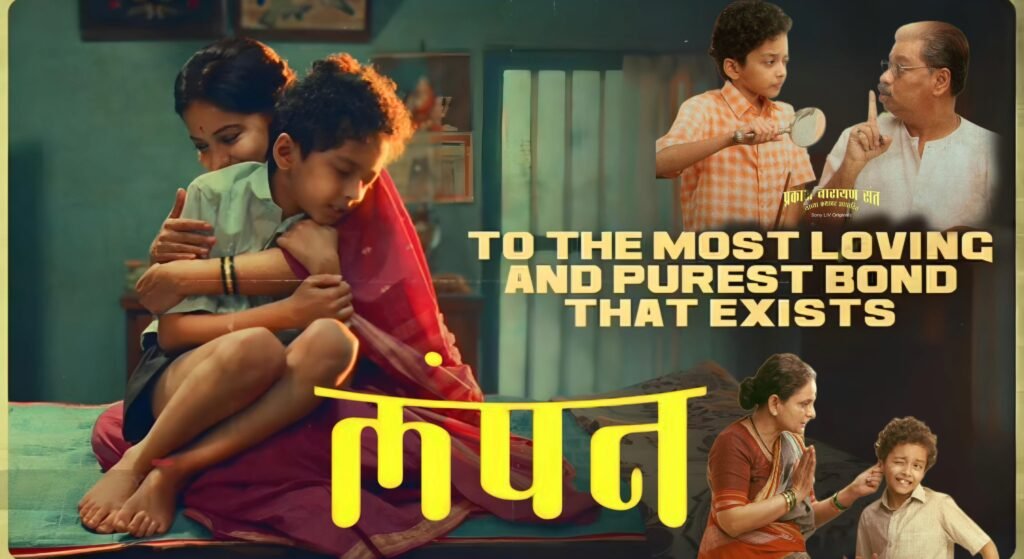
Lampan: A Nostalgic Journey Through Childhood
Lampan has the vibe of a Doordarshan TV serial from the golden age. Retro fans will love Nipun Dharmadhikari’s Marathi-language program. The Sony LIV television series is set in the era of steam trains, snail mail, and homemade snacks. It is based on the well-known stories of writer Prakash Narayan Sant. Birdsong and the warnings of elders trying to keep their offspring on the straight and narrow are not disturbed by telephones. A young child compelled to spend a school year in his grandparents’ village in this Malgudi-esque realm gains knowledge beyond what is taught in the classroom.
Lampan: The Character and Setting
Lampan (Mihir Godbole) is shown fussing over a motherless kitten at the beginning of the show. Lampan ponders whether his parents have also abandoned him to an unfortunate outcome. While his adventurous grandfather Chandrakant Kulkarni indulges him, his strict grandmother Geetanjali Kulkarni snaps at him.
In addition to making strange new friends and struggling with odd feelings for his intelligent neighbor Sumitra (Avni Bhave), Lampan also finds geography to be fascinating. The precocious young man with curly hair and endearingly uneven teeth talks to the camera about his problems and comes to the conclusion that most things fall into his favorite category: “mad.”
Lampan: Storyline Overview
It’s a little difficult for the idealistic Lampan (Mihir Godbole) to get used to village life, where everyone knows each other’s business. His siblings and his beloved Aai (Kadambari Kadam) are gone, and he is forced to attend the village school where everyone seems to be smarter and more knowledgeable than he is. However, little Lampan has a strong will and a can-do attitude that help him get through the long summer days in the village. The show, which is set in 1947, takes place in a cocoon-like setting with a strong sense of community and easily resolved conflicts.
Lampan: Making Up and Direction
Through the eyes of a small child, writer Chimay Kelkar and director Nipun Dharmadhikari have created a wonderful world. Lampan frequently breaks the fourth wall to speak directly to the audience and share his joys and sorrows with us. Over the course of seven episodes, Dharmadhikari and writer Chinmay Kelkar skillfully package melancholy, subdued humor, and endearing characters without going over the allotted thirty minutes. Maybe Lampan is too young to understand that he has been sent to a paradise.
The boy is able to escape the Mangalore-tiled homes with courtyards, the pond and river beyond, and the greenery, but viewers searching for long-term homestay options won’t miss them (hint: look for Guhagar and Betul). A Rucha and Ashok Lokare’s excellent production design, Rahul Deshpande’s catchy soundtrack, and Amey Vaishali Vasant’s skillful camerawork also provide plenty of diversions from the lopsided pacing and shoddy plotting.
Lampan: Performance Highlights
Lampan’s grandmother Parvati is the closest thing to an ogre in this world of fairy tales. She agrees with the father from Calvin and Hobbes comics that character is developed via hard work. Geetanjali Kulkarni is fantastic as the grandmother who, despite her love for her grandson, isn’t afraid to swat the cane or deliver a well-aimed jab.
A fantastic Mihir Godbole brings Lampan himself to life. Even in the midst of dark clouds hanging over Lampan, the series manages to maintain its lightheartedness thanks to the innocence, charm, and extraordinary wisdom of this young actor.
Lampan: Emotional Depth and Humor
Every now and then, the trivial pursuit game stops to reflect on Lampan’s breakup with his parents, Kadambari Kadam and Pushkaraj Chirputkar. The two episodes that deal with the knee-high boy’s emotional turmoil are the best in the series, but they also cover it in some depth.
Lampan is reduced to conversing melancholy with a computer-generated butterfly after feeling completely abandoned. The sadness passes as quickly as the sunlight.
Lampan: Overall Review
The series is based on Godbole’s toothy performance as Lampan. The child actor captures his character’s sensitive and overly imaginative nature admirably. This is a little boy who refuses to grow up but eventually matures. Avani Bhave, Sumi’s friend, is also very likeable. The adults in the series, Lampan’s Ajji (Geetanjali Kulkarni), Ajoba (Chandrakant Kulkarni), and Aai (Kadambari Kadam), are also entertaining.
The background score by Saurabh Bhalerao adds a whimsical touch to Lampan. Toward the end of the series, there are some lovely songs composed by Rahul Deshpande, who previously worked with Dharmadhikari on the musical biopic Me Vasantrao. Lampan’s simple, effective storytelling style is enhanced by a variety of elements, including the production design and the series’ locations. You’ll wish you could relive those carefree days of childhood when life was much simpler.

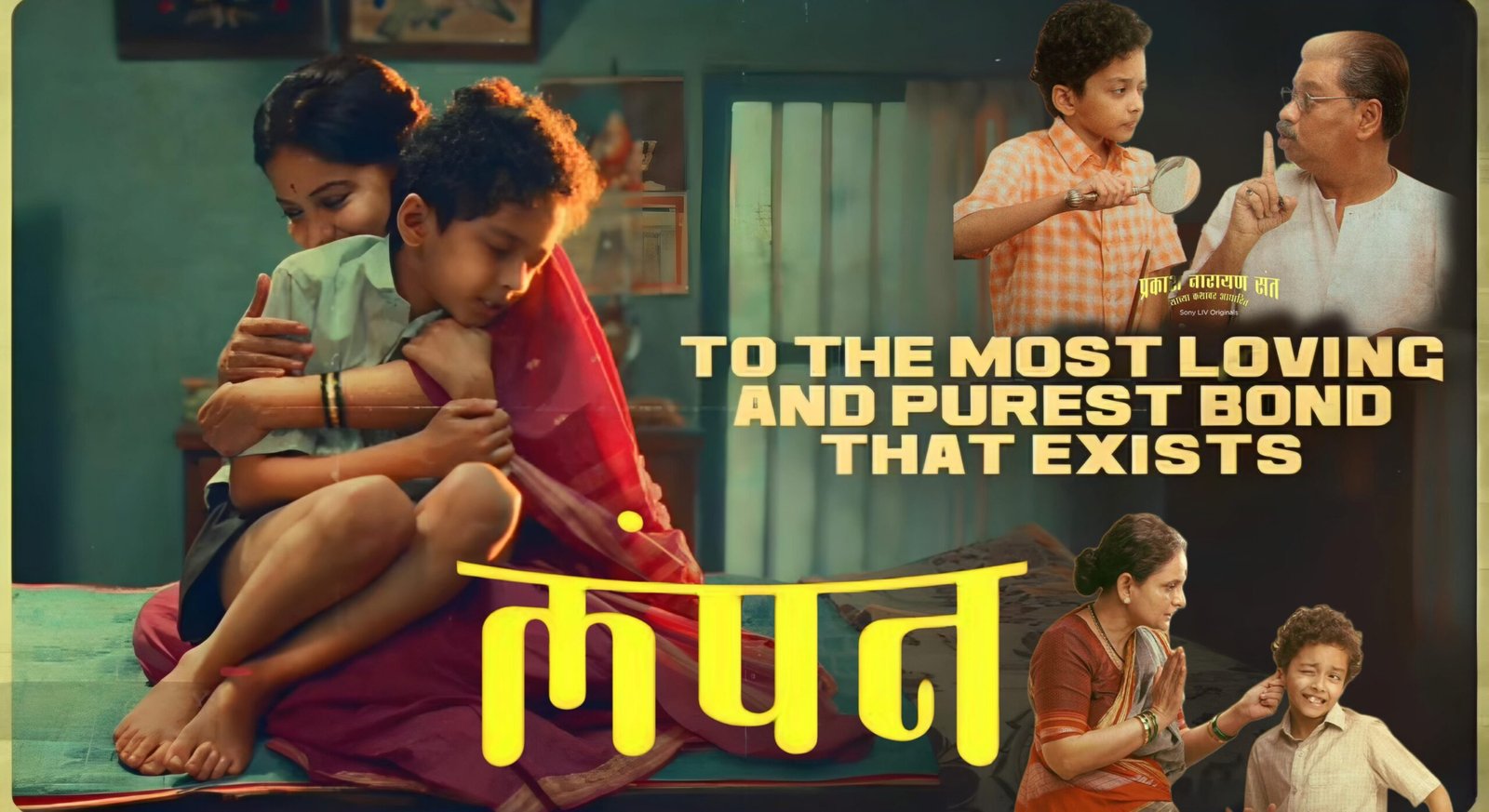




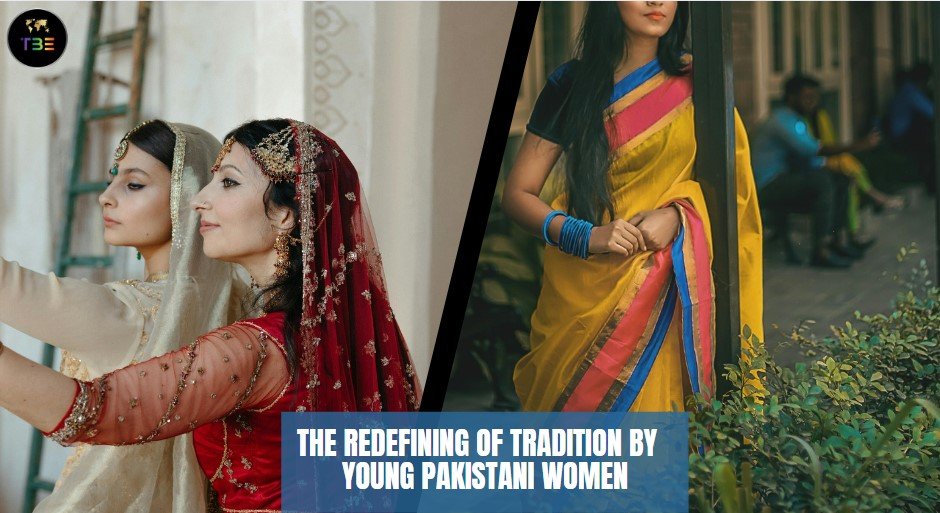
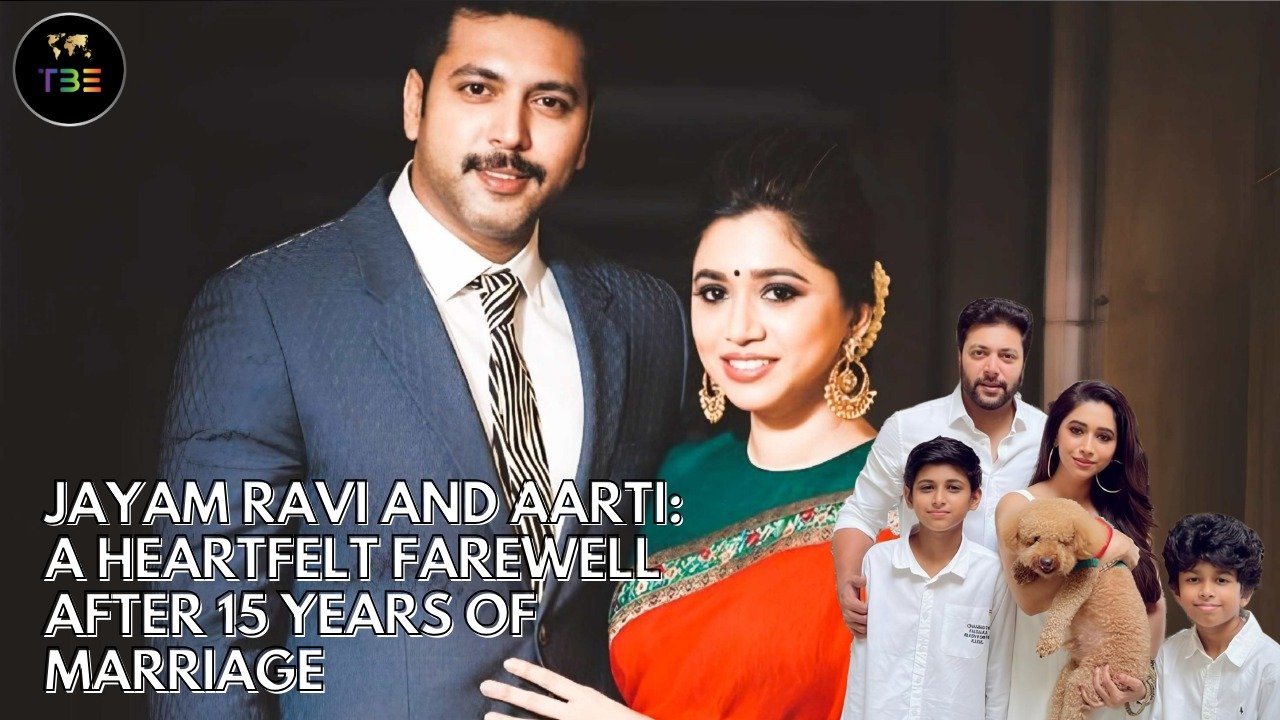


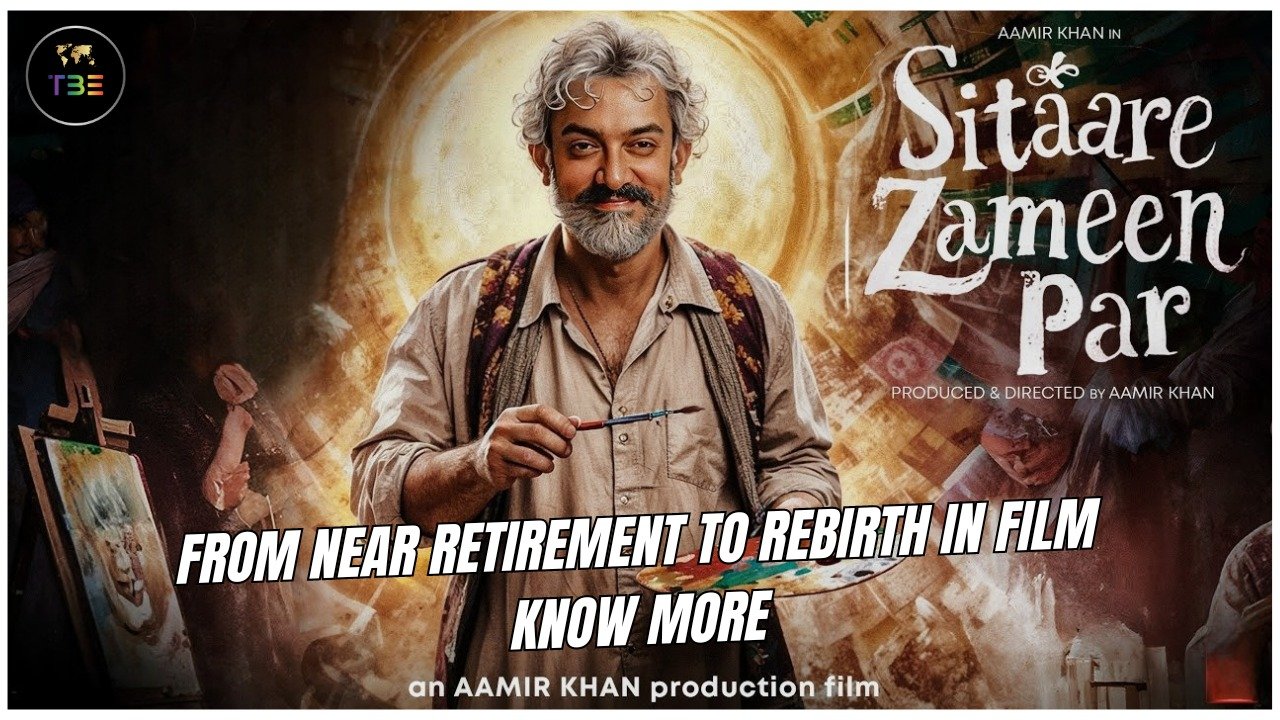




Leave a Reply